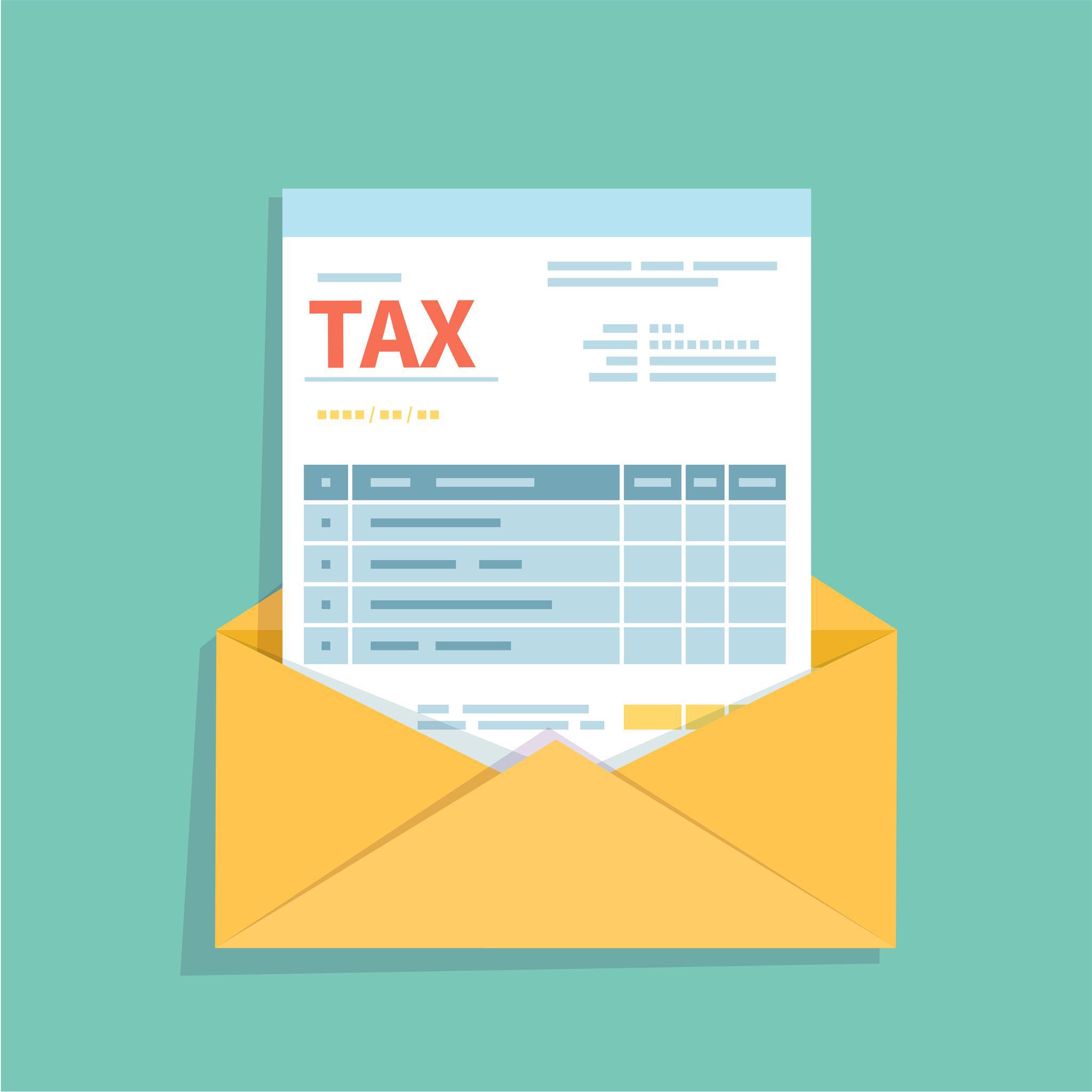
The American income tax system is based on the idea of voluntary compliance. The Internal Revenue Service (IRS) promotes trust in the tax system and legal compliance through its civil and criminal enforcement initiatives. Reducing the tax gap, or the anticipated difference between the amount of tax that taxpayers should pay, and the amount voluntarily collected, is one of the IRS’s goals in its enforcement approach. Keep reading if you earn upwards of $100,000 or more each year and have one or more unfiled tax returns.
IRS initiatives to boost collection from high-income non-filers
According to a report by the TIGTA (Treasury Inspector General for Tax Administration), approximately 685,555 taxpayers had an outstanding balance due in May 2021. From that group, the tax debt owed by those who reported a gross income of $200,000 totaled $38.5 billion. The investigation discovered that the system for collecting taxes from these people was not as effective as it could be, although it would seem reasonable that those with greater earnings should be natural candidates for IRS civil audits. Another report pointed out that within 52 weeks of being assigned for collection, the IRS only recovered less than 50% of the taxes owed by high income taxpayers. To get a speedy resolution to the issue, the IRS announced initiatives to boost collection from high-income non-filers. Below, we explain some of the tools identified by the IRS to enhance its collection efforts.
Related Blog Post: Steps By the IRS to Mitigate Impact of Covid 19 on Taxpayers
Delinquent Return Refund Hold Program
High income earners with unfiled tax returns should buckle up. If you haven’t filed one or more tax returns in the past five years, the IRS may activate the Delinquent Return Refund Hold Program in order to freeze individual tax refunds from the current or prior year.
Automated Substitute for Return Program (ASFR)
For late-filing taxpayers who have otherwise not submitted a return, the Automated Substitute for Return Program or ASFR creates substitute tax returns. The return is supported by records and information that the IRS has access to.
Campus Automated 602(b) program
If you run a business where you have employees, you must be very careful when it comes to your employment tax payments. The Campus Automated 602(b) program, which is mainly concerned with delinquent payroll tax issues, is directed at companies that have not maintained compliance and have delinquent employment taxes.
Related Blog Post: A Guide to Paying Payroll Taxes to the IRS
Last Word
It is always advisable to pay your taxes on time. Even if you have missed a payment or two, focus on filing the unfiled tax returns as early as possible. The best way to handle unfiled taxes is to take action now. Nevertheless, if you wish to leverage professional help, you can always hire a Dallas IRS attorney that can guide you through the process of filing unfiled taxes and the available IRS tax relief options. Avenues such as the IRS offers in compromise help lighten the burden of unpaid taxes. When looking for an experienced IRS attorney in Dallas, Texas, look no further than The Law Offices of Nick Nemeth. We help the Dallas community get the best IRS problem solutions. Our team of highly experienced Dallas tax lawyers and attorneys is always ready to discuss your case and render the necessary assistance. To get a FREE, no-obligation consultation, call (972) 426-2553 or email jamie@myirsteam.com. You may also fill out our contact form, and we will reach out to you with appropriate unfiled tax help.


